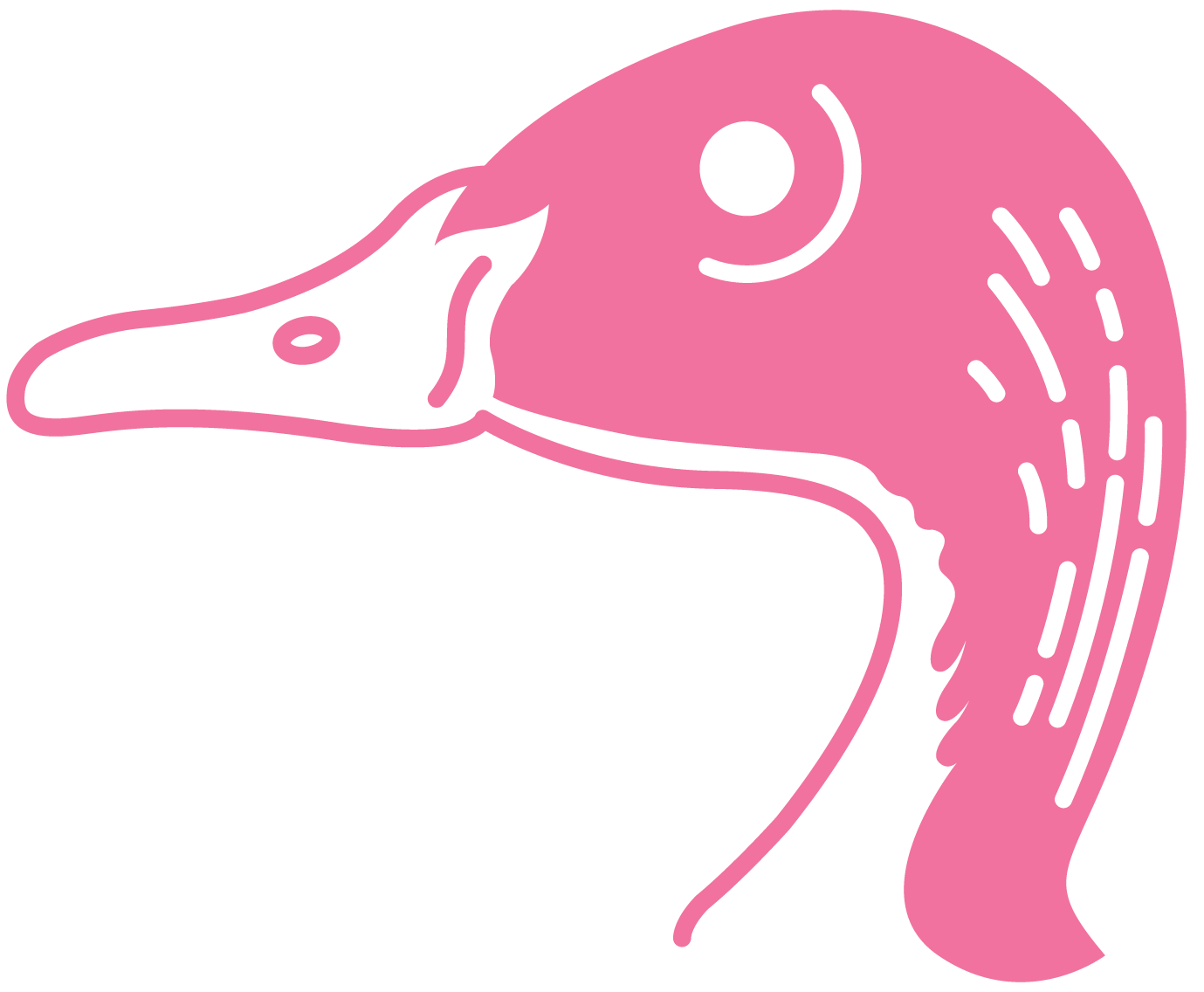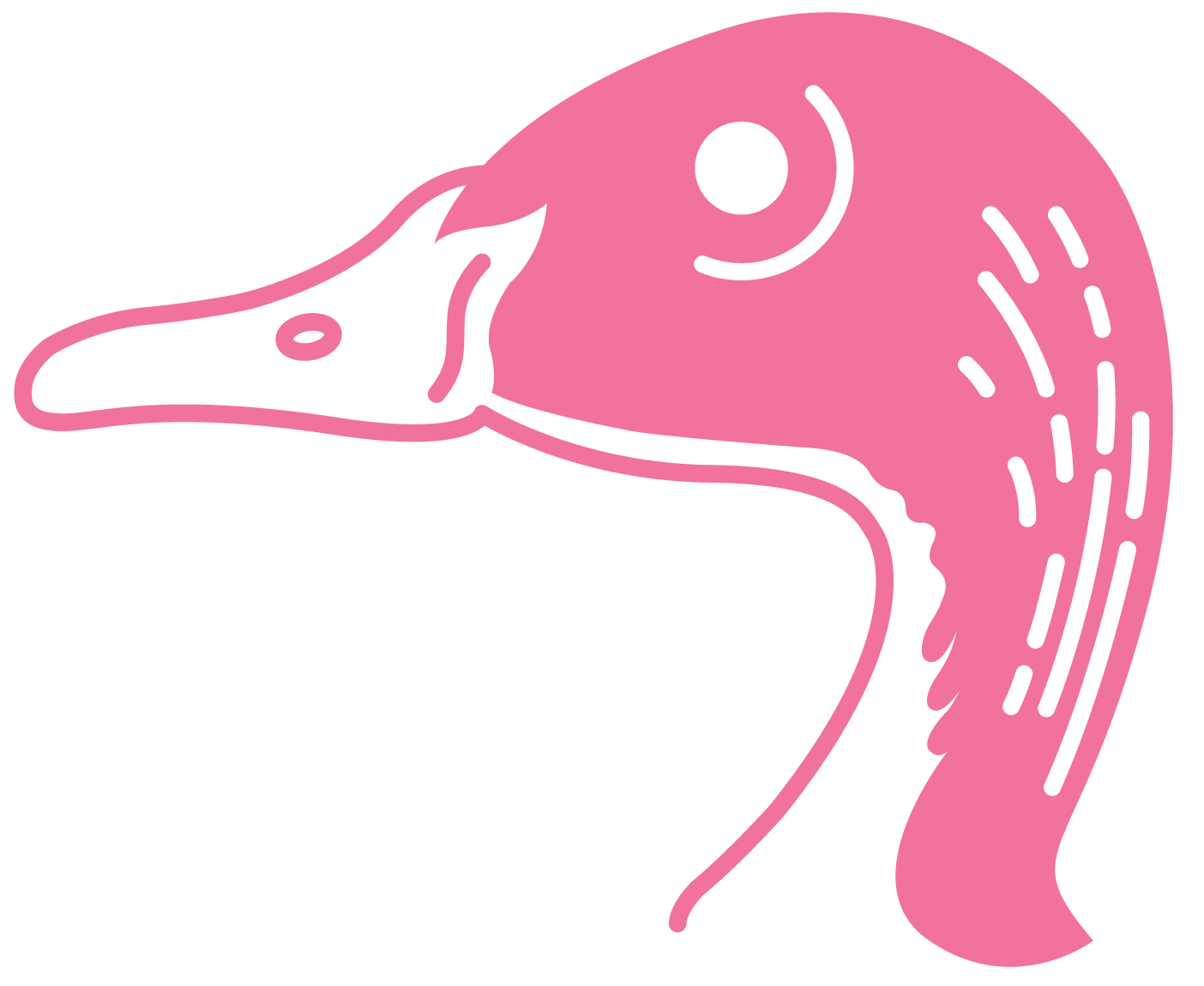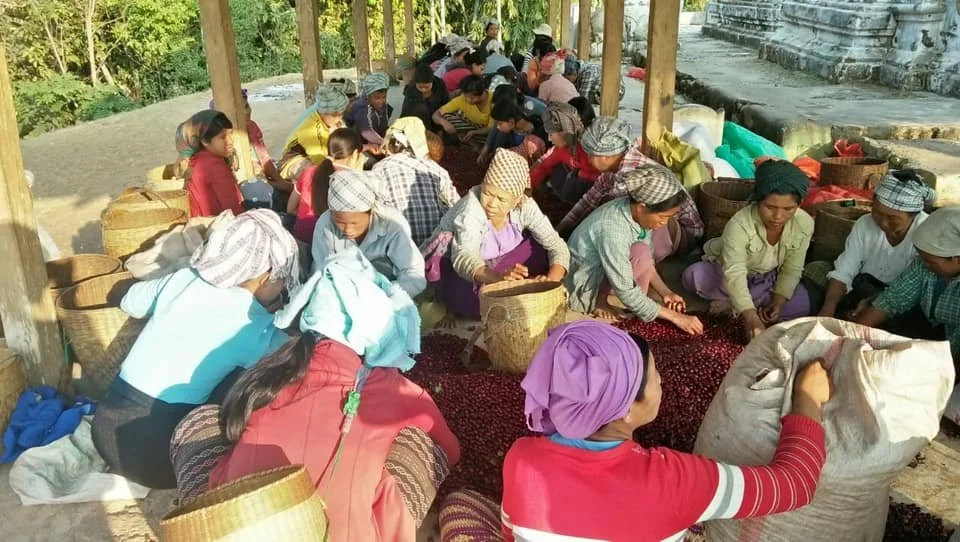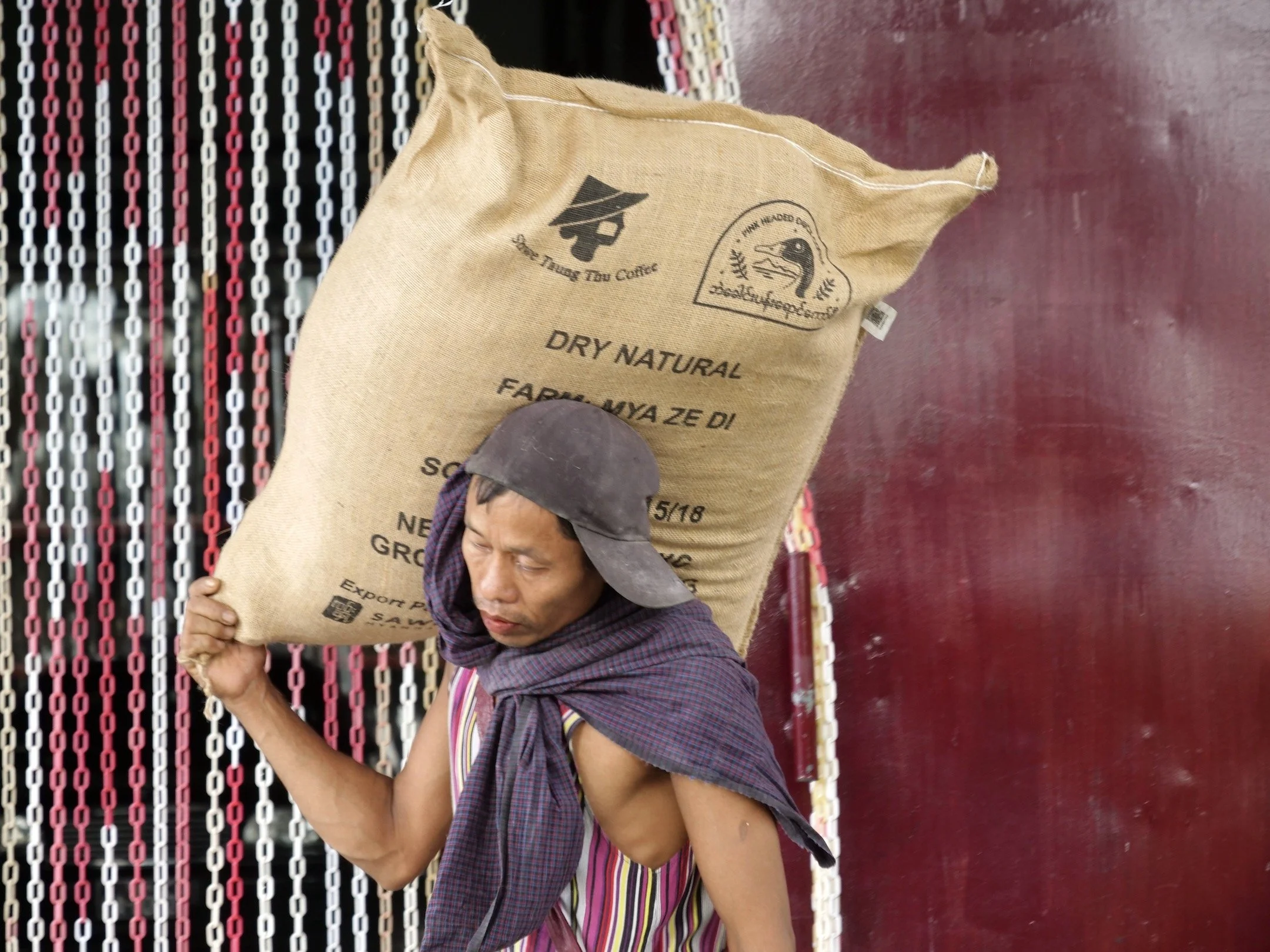
Mya Ze Di Village
“A flagship specialty coffee community and one of the first exported to the US with the help of USAID and CQI.”
-Sithar Coffee, Myanmar
As one was one of the earliest Myanmar specialty coffees to land in the United States, Mya Ze Di remains a time-tested favorite for roasters big and small. The Danu farmers here tend to their plots, mostly between one to five acres, picking cherries in the morning before bringing to Mya Ze Di’s bustling coffee market (pictured below) and finally delivering to drying stations in the evening.
Together, these farmers make up one of Shwe Taung Thu’s larger micro-lots, with over 100 members and covering a total production area of 18 hectares (44 acres). And their coffee consistently stands out: expect a lightly zesty and jasmine-like acidity, a sweet and fruity flavor, and a wonderfully dry finish.
About the origin:
Elevation: 1,298masl (4,256 ft)
Ethnic groups: Danu
Production members: 131
Variety: Catuai
Location: 21.098159, 96.530827
2025 forward availability: Pre-shipment samples available upon request (starting March 2025)
Village name & history
This village name comes from the Burmese language — with Mya translating to “emerald” and Ze Di meaning “pagoda.” Similar to the Mya Phaw Saw origin story, the emerald takes centerstage as Mya Ze Di was founded around 850 years ago when a Buddhist pagoda was built with an emerald inside. King Alaung Sithu, from the ancient Bagan kingdom in Myanmar’s central plains, is said to have built this pagoda as he was keen to achieve large building campaigns in the frontier regions of his kingdom.
For thousands of years, emeralds have been sought after by rulers as they are rare and, in the case of Myanmar, come from far away places. By housing an emerald inside a pagoda, the holiest sites within Theravada Buddhism, and commissioned by a former king, Mya Ze Di and its pagoda have long been prominent throughout the Shan Plateau.
The people
The mountainous areas around Ywangan and Pindaya towns make up the ancestral homeland of the Danu people—and together they form the Danu Self-Administered Zone in Shan State. This Zone is also home to the Shwe Taung Thu co-op and each of Ywangan’s coffee-producing villages.
The name Danu comes from Pali, the sacred language of Theravada Buddhism, and translates to “archer,” referring to the awesome legend of Prince Kummabhaya and the Pindaya Caves. Among the stalactites and stalagmites high on a limestone ridge, the Prince famously used his bow and arrow to rescue seven princesses trapped in the caves by a giant spider. They carry this heroic story with them through the Danu name, which also underpins the spirit of their language and centuries of distinct customs born from this mystical region.
Stand-out flavor notes:
Jasmine, candied grape and sandalwood
More photos






